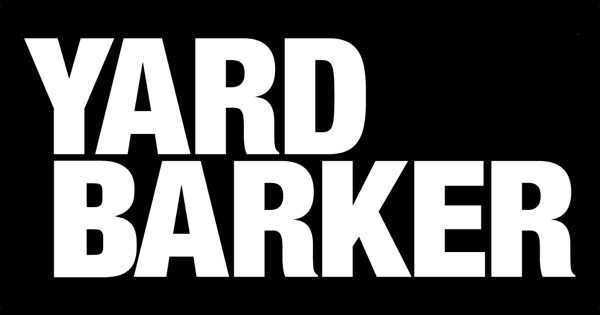Copyright Inc. Magazine

While executives at many large companies are pushing employees to return to the office full-time, believing remote work lowers productivity, leaders at some of the fastest-growing companies in the U.S. couldn’t disagree more. According to Inc.’s annual CEO Survey, 50 percent of Inc. 5000 companies offer hybrid work arrangements to their employees, while another 28 percent offer fully remote work. Regan Gross, HR knowledge advisor at SHRM, an industry trade group for human resources professionals, notes that these flexible work policies are “crucial” for “reducing burnout” and “enhancing job satisfaction.” And in this turbulent economy, the CEOs’ top HR concerns are retaining talent (59.3 percent) and recruiting talent (45.5 percent). So it should come as no surprise that these leaders are turning to a method that offers a high return with virtually zero cost. For Anna DiGilio, founder of Laprea Education, a Pleasantville, New York-based e-learning provider that focuses on literacy, building a remote workforce with flexible working hours was a no-brainer. All employees, except those working in Laprea’s warehouses, are remote. Before founding her company, which claimed the No. 1,571 spot on the 2025 Inc. 5000 list, DiGilio was a second grade teacher. It’s a job, she says, that offers zero flexibility—during class, you can’t even step away to use the restroom. It was a stressful environment, but when DiGilio was diagnosed with breast cancer, that lack of flexibility made it difficult to plan appointments. She also believes the stress and anxiety tied to her teaching job is “part of the reason for [her] diagnosis.” DiGilio decided she didn’t want to work that way anymore. After founding Laprea Education, she chose to build a remote workforce that provides employees the flexibility to take care of personal needs—whether that’s attending a doctor’s appointment or stepping away to watch your child’s school play. “I believe giving people flexibility and autonomy and trust that they’re going to do their work creates a really healthy work environment, which then creates a healthy body,” DiGilio says. “That’s what I want for my employees.” Beckie Diltz, founder of Proforma Solutions (No. 4,032 on the Inc. 5000), a Southern California marketing agency, also believes in offering employees flexibility to improve their wellbeing. While the company does not offer remote work, it introduced a compressed schedule in March to give employees a three-day weekend every other week. Mostly used by the oil and gas industry, the 9/80 schedule comprises eight nine-hour workdays and one eight-hour day over a two week period. Diltz and her team decided to adopt the 9/80 compressed workweek after a team member who previously worked in oil and gas suggested it would help improve work-life balance. Many Proforma employees are caregivers for young children or elderly adults, and they told Diltz they felt like they have “no downtime” on the weekend because they’re “running around taking care of things.” They also said it would be helpful to have a day during the week when they can take care of doctors’ appointments and other errands so they can actually enjoy the weekend. Diltz took this feedback to heart and agreed to try it. “People came back like they really had a break,” Diltz says. “Once we designed [the schedule], it didn’t feel like we were losing anything from a customers’ point of view.” SHRM’s Gross confirms the 9/80 schedule can “enhance work-life balance” and “improve productivity” by giving employees more time off. But Gross cautions employers to be extra careful with their payroll planning if they plan on adopting a compressed work schedule. “Missteps can lead to compliance issues and inefficiencies,” Gross says. “While this schedule works well for certain types of roles, its success often depends on organizational culture, managerial adaptability, and the support systems in place.” For executives concerned that providing flexibility will reduce productivity, DiGilio says if employees are “working hard, getting results, and meeting deadlines” then, obviously, their work is getting done. This philosophy seems to have buy-in from Inc. 5000 CEOs, who told Inc. that to be an effective manager, company leaders need to show “adaptability and resilience” (36.2 percent) and “communication” skills (24.5 percent). Gross notes that the adaptability of entrepreneurs will serve them well in their search for talent. “The shift toward flexibility is a response to workforce demands for better work-life balance and is seen as a way to attract and retain top talent in a competitive business environment,” Gross says.



